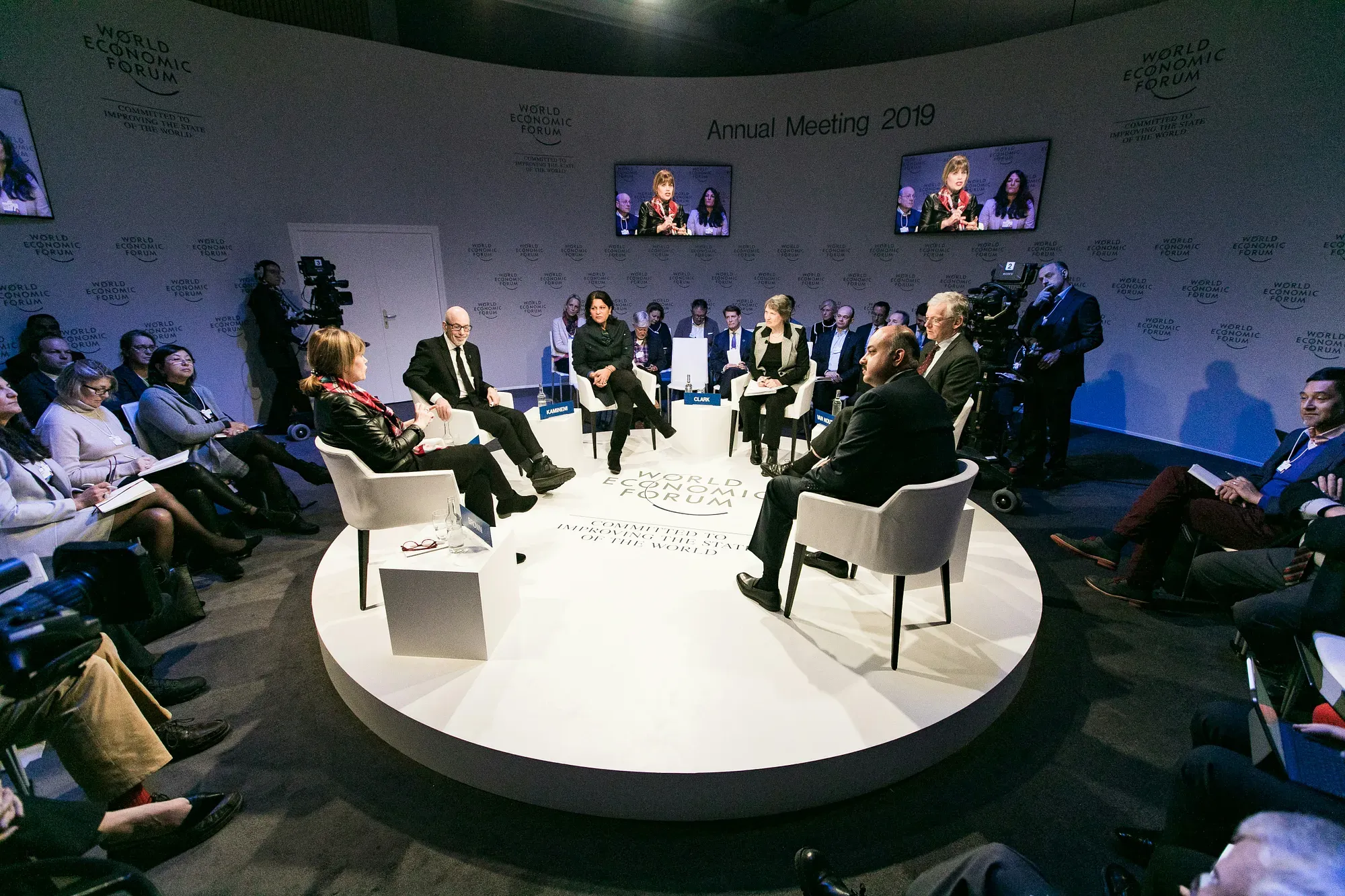How Elite Institutions Launder Legitimacy

A blogger notices something strange about the markets. They write a post about it. No one cares.
An economics professor at Princeton notices the blog. Writes a paper. Gets it published. The New York Times runs a story: “Princeton Study Reveals Market Inefficiency.” The Fed chairman cites it in a speech. Congress holds hearings. Policy changes.
Same observation. Different levels of legitimacy.
This isn’t a post about whether elite institutions make good or bad decisions. It’s about how they transform raw ideas into “legitimate knowledge” through a process that looks suspiciously like money laundering — taking something of questionable origin and running it through enough respected intermediaries until it comes out clean on the other side.
Imagine you’re an early modern inventor, say, in the 17th century. You’ve created a device that uses a series of lenses to magnify small objects — an early microscope. Your neighbors dismiss it as a curiosity, and your claims about seeing “tiny creatures in water” sound absurd to anyone without firsthand experience.
You take your invention to the Royal Society in England, the emerging hub for scientific authority. The Society validates your device, publishes an article about it in their journal, and assigns Robert Hooke — a respected scientist — to use it and document observations.
Now, the same device is recognized as a breakthrough, not because you were right all along, but because the Royal Society gave it their stamp of approval.
Modern legitimacy laundering works similarly, but with more steps.
Let’s say you have an idea — maybe it’s brilliant, maybe it’s terrible.
Here’s how you might launder it through today’s elite institutions:
- Get it published in an academic journal
- Have that publication cited by a think tank
- Get the think tank’s analysis quoted in the New York Times
- Watch as local newspapers report “Studies show…”
- Finally see it referenced as “experts agree…”
Each step adds a layer of perceived legitimacy without necessarily adding anything to the underlying idea’s merit. It’s like money laundering, but instead of cleaning dirty money, you’re cleaning raw ideas through increasingly prestigious institutions until they become “legitimate knowledge.”
But elite institutions aren’t just laundering legitimacy — they’re farming it.
Harvard doesn’t just certify smart people; it creates a self-fulfilling prophecy. If you graduate from Harvard, you’re more likely to get a good job not necessarily because Harvard taught you more, but because everyone believes Harvard graduates deserve good jobs. This belief makes it true, which reinforces the belief.
The same pattern appears everywhere:
- McKinsey consultants aren’t just smart people giving advice; they’re smart people whose advice is taken seriously because it comes from McKinsey
- The New York Times doesn’t just report true things; it defines what counts as “serious news” for other outlets
- The Nobel Prize doesn’t just recognize great achievements; it creates a class of people whose future opinions carry extra weight
You might think: “Okay, but don’t these institutions actually provide value? Isn’t their legitimacy earned?”
Sometimes. But there’s a crucial difference between being good at doing things and being good at appearing legitimate. These skills often diverge.
Consider three types of institutions:
- Those that are good and legitimate (the early universities, possibly but increasingly rare to find examples of this — Wikipedia is the first that comes to mind)
- Those that are good but not legitimate (a brilliant but unknown blog, cough)
- Those that are legitimate but not good (various failing institutions that coast on reputation)
Type 1 is the gold standard. Type 2, realistically, is where most conversations happen. Type 3 is where most of our current social, political, economic and cultural institutions have wound up. The troubling thing is that Type 3 institutions can survive longer than you’d expect. Once you have enough legitimacy, you can keep laundering it even as your actual competence declines.
This creates an incentive structure. Young institutions need to be good to become legitimate. But once they’re legitimate enough, they face increasing pressure to protect their legitimacy rather than maintain their excellence.
It’s like a restaurant that becomes famous for its amazing food. Eventually, it’ll focus more on maintaining its Michelin stars than on culinary innovation. The ratings become the goal rather than a measure of the goal.
Disturbingly, the system is self-perpetuating. Elite institutions control the very metrics by which we judge institutional quality. They write the rankings, run the peer review processes, and determine what counts as expertise.
This isn’t necessarily a conspiracy. It’s more like an emerging property of how we’ve structured knowledge production and certification. But it means that real innovation often has to happen outside these institutions before being legitimized by them.
Do we need new legitimacy systems that are more resistant to capture? Blockchain enthusiasts might advocate for decentralized reputation systems. Others might advocate for competing institutional hierarchies. I might advocate for hammering nails into my head while listening to Michael Bublé’s Christmas record. Etc.
There’s a good chance we’re asking the wrong question and answering it with a series of blunt objects.
Instead of building better legitimacy laundering systems, perhaps we need to get better at evaluating ideas on their merits rather than their institutional pedigree.
Being aware of legitimacy laundering might help us think more clearly. When someone appeals to institutional authority, ask yourself: Is this actually an argument from expertise, or just an argument from legitimacy?
Remember: Einstein’s theories weren’t true because he was Einstein. He was Einstein because his theories were true.

Discussion